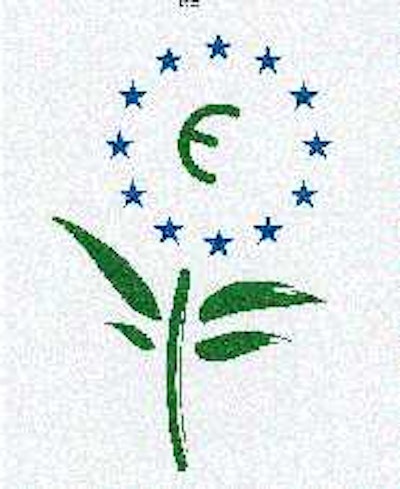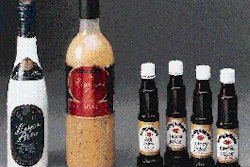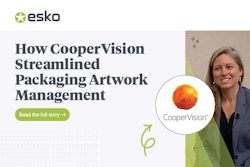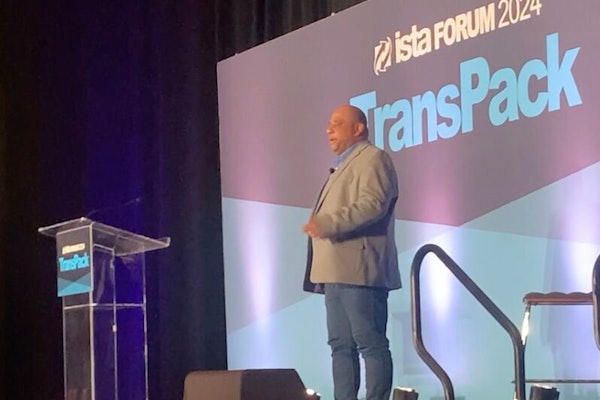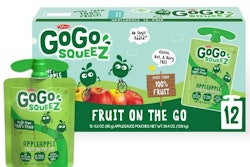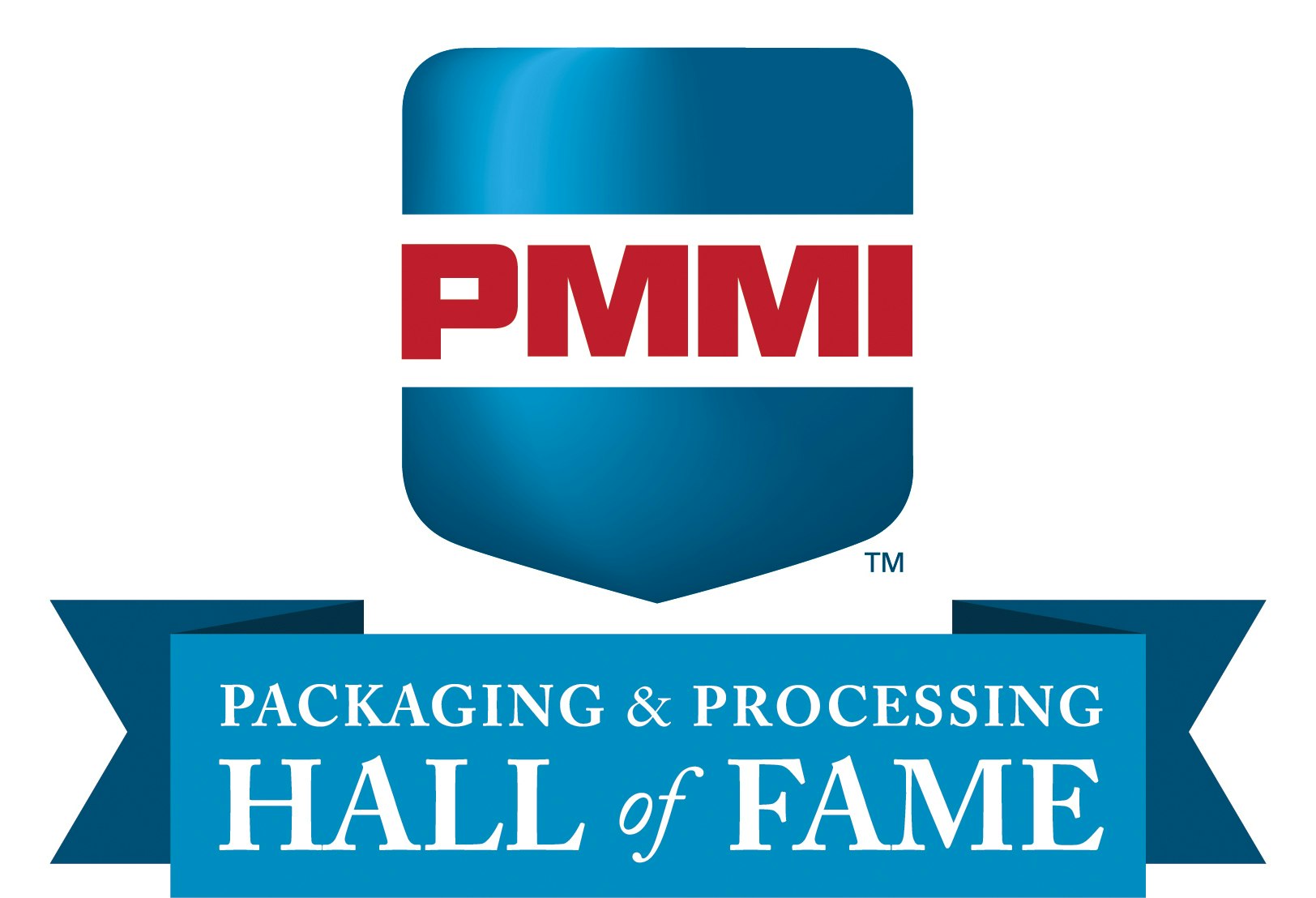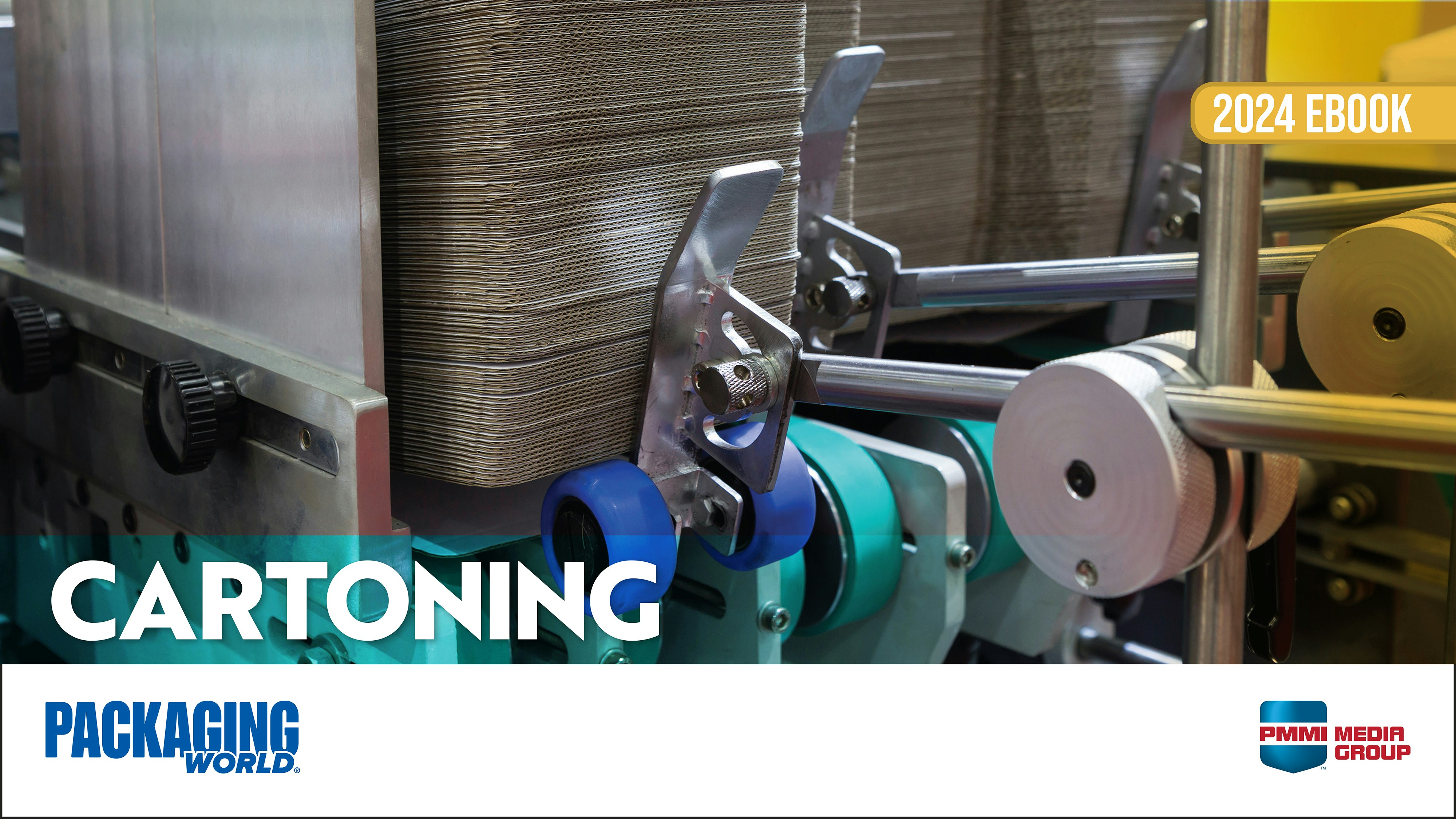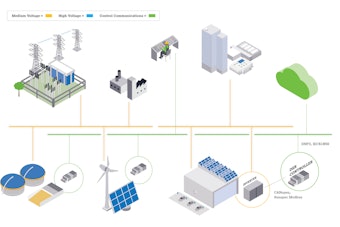Officials of the U.S. and the European Union have had some fairly rancorous discussions lately on the issue of "eco-seals," specifically the EU's burgeoning endorsement of them. Currently nine product categories offer seals, two of which, laundry detergent and light bulbs, include criteria for packaging. Another seven product categories are in the pipeline. Some of them, dishwasher detergents and shampoos, for example, will likely pack a packaging wallop. Other categories are ready to enter the pipeline, and are the subject of ongoing research. A study on hair sprays is being done by the United Kingdom's Ecolabeling Board. That study suggested that aerosol cans be made in such a way that they would have to be lighter in weight than those that are acceptable even under the U.K.'s own existing regulations on pressurized containers, according to Elizabeth Seiler, director of environmental affairs for the Grocery Manufacturers of America (GMA). "That proposal was entirely unworkable," she says. Despite official U.S. concerns about the impact of eco-seals on U.S. products, the EU continues to take an "in your face" stance. The latest evidence of that was in late February when the EU agreed to make a final decision this month on the criteria for the fine paper category. The EU had twice put off publishing the criteria, largely because of concerns voiced by U.S. industry, as expounded by the National Forest Products Assn. "The fine paper criteria will likely be used for any other categories where paper packaging is part of the seal criteria," says an official at the U.S. Trade Representative's office. Organizing support A group of U.S. trade associations calling themselves the Coalition For Truth in Environmental Marketing Information, Inc. has been pushing the U.S. Trade Representative to undercut the EU eco-seal program. The Coalition argues that eco-seals do not improve the environment; but they do impede innovation, restrict international trade, and interfere with the consumer's right to choose products and/or packaging on the basis of factual information about their environmental characteristics. Coalition members support a system modeled on the Federal Trade Commision's Guides for the Use of Environmental Marketing Claims. They allow for statements on product labels such as "Contains 25% post-consumer recycled content." U.S. companies also argue that eco-seal criteria are developed with parochial European concerns in mind, such as resource limitations, to mention one. Members of the Coalition include the GMA, Flexible Packaging Assn., Electronic Industries Assn., American Plastics Council and others. GMA's Seiler says, "Any eco-label program should be truthful, helpful to consumers, and allow for participation of all parties. They should be substantial. The EU program does not meet those criteria." Scott Stewart, a spokesman for Cincinnati-based Procter & Gamble, notes, "One of the fallacies of the eco-seal program is that it encourages best practices. We see it as a barrier to innovation. We have been a leader in refillable containers and bottles with recycled content. We didn't do those improvements to obtain eco-seals." Listed as 'unfair' The U.S. Trade Representative "sent a message" to the EU last September, in the words of the official there, by listing the EU eco-seal program under what's called the Super 301 program. That's essentially a listing of perceived unfair trade practices. Categories 1 and 2 are the most serious; eco-seal was described as a Category 3 concern. "The EU was upset," this official says. Tempers apparently flared again at a late February 1996 joint meeting in Geneva of the World Trade Organization's (WTO) Committee on Trade and Environment and Committee on Technical Barriers to Trade. Part of the subtext of those meetings was maneuvering by the U.S. to get the eco-seal question put on the agenda for the next WTO ministerial meeting, scheduled for Singapore in December. Despite the opposition of the U.S. and other countries such as Brazil, the EU eco-seal program has generated laughably little support. Seals have been awarded to one company in the washing machines category, and the same two companies in both the kitchen towels and toilet paper categories. The USTR official acknowledges that eco-seals have been slow to gain corporate acceptance. "But there is a school of thought that says it makes sense to be pro-active," she explains. "If the seals catch on, they could have a big market impact." National programs Of course, some of the 15 EU-member countries have had their own eco-seal programs for some time. Germany's Blue Angel and the Nordic Swan used by Denmark, Sweden, Norway and Finland, are examples. The Coalition For Truth argues that these national programs are equally discriminatory against U.S. companies. Of the 1갚 manufacturers receiving Blue Angel awards, only 175 are non-German. "It is not that these programs were acceptable at the national level and suddenly became unacceptable at the EU level," explains GMA's Seiler. "We had hoped they would flounder and quietly go away. But our ability to focus was greatly elevated when the seals became an EU issue." c The German ordinance amounts to a mandate for recyclable packaging since waste incineration is not permitted.
